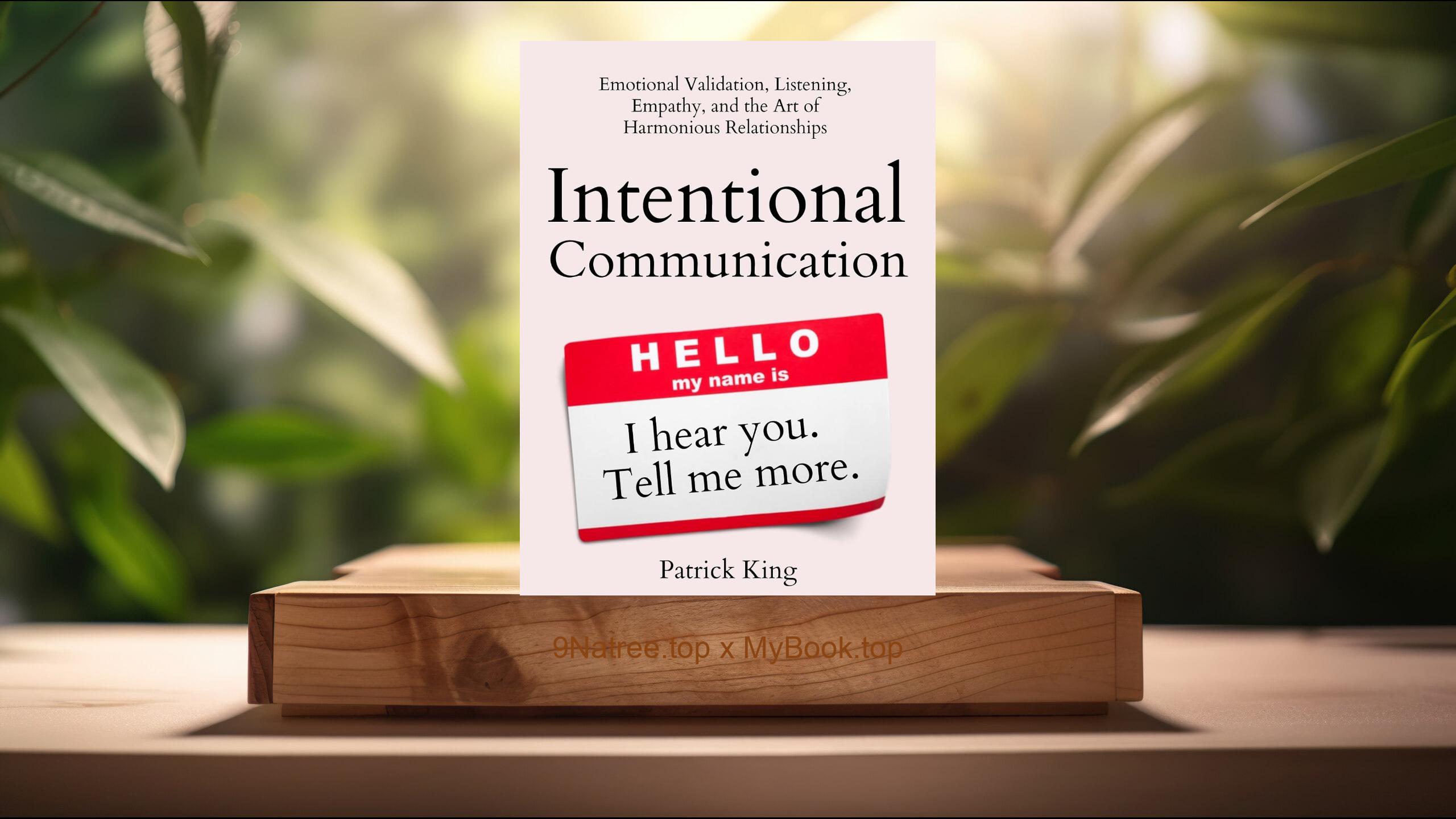Show Notes
- Amazon USA Store: https://www.amazon.com/dp/B09JTR61QB?tag=9natree-20
- Amazon Worldwide Store: https://global.buys.trade/When-I-Grow-Up-conversations-with-adults-in-search-of-adulthood-Moya-Sarner.html
- eBay: https://www.ebay.com/sch/i.html?_nkw=When+I+Grow+Up+conversations+with+adults+in+search+of+adulthood+Moya+Sarner+&mkcid=1&mkrid=711-53200-19255-0&siteid=0&campid=5339060787&customid=9natree&toolid=10001&mkevt=1
- Read more: https://mybook.top/read/B09JTR61QB/
#adulthood #personalgrowth #identity #societalexpectations #responsibility #WhenIGrowUp
These are takeaways from this book.
Firstly, Reevaluating Adulthood, One of the primary topics Moya Sarner addresses in When I Grow Up is the changing nature of adulthood. Traditionally, adulthood has been marked by milestones such as completing education, starting a career, getting married, and having children. However, Sarner reveals that these conventional markers are no longer universally applicable or desired by everyone. Instead, adulthood is becoming a more personalized journey that varies greatly from person to person. Through her conversations, Sarner discovers that for many, adulthood isn't a state that's automatically achieved upon reaching a certain age but is rather a continuous process of developing responsibility, independence, and a deeper understanding of one's self and place in the world. She explores how socio-economic factors, cultural backgrounds, and individual preferences all play significant roles in shaping one’s definition of being grown up. Readers are encouraged to reflect on their personal journeys and reassess what adulthood means to them within the context of modern society.
Secondly, The Role of Transition, Transition periods, such as those during college, career changes, or personal crises, often serve as pivotal moments in the search for adulthood, according to Sarner’s findings. These transitions are highlighted as crucial times when individuals reassess their lives and redefine their understanding of maturity. Sarner's discussions with adults reveal how these periods of change can catalyze growth and self-discovery. The book emphasizes that transitioning phases can be frightening yet empowering, as they propel individuals to confront their limitations, embrace new opportunities, and develop resilience. Sarner illustrates how embracing change is essential for personal growth and the attainment of maturity. For many adults, these transition times offer valuable insights and lessons that shape their paths and perspectives. By examining these critical moments, Sarner suggests that adulthood is not the final destination but rather a journey characterized by continual growth and evolution.
Thirdly, Identity and Self-realization, A significant aspect of When I Grow Up is the exploration of identity and self-realization as core components of adulthood. Sarner delves into how people come to terms with who they are as adults, often through a deep and personal journey of understanding their true selves, personal values, and individual goals. The book highlights the importance of aligning one's life with their authentic identity, rather than conforming to societal expectations or external pressures. Sarner’s conversations reveal that self-realization is a crucial process in achieving a sense of adulthood, as it allows individuals to lead fulfilling lives that are consistent with their values and aspirations. By encouraging self-reflection and introspection, the text provides readers with a framework for exploring their own identities and encourages them to be honest about their desires and ambitions. This exploration aids in fostering a more profound sense of adulthood grounded in authenticity and self-awareness.
Fourthly, The Influence of Societal Expectations, Sarner's When I Grow Up also addresses the powerful influence of societal expectations and norms on the concept of adulthood. Throughout her interviews, many adults express the pressure they feel to meet specific societal milestones, such as owning a home or having a stable career. Sarner delves into how these pressures can create a false sense of adulthood, where individuals feel compelled to follow a predetermined path rather than chart their courses. The book critically examines how these societal expectations can lead to feelings of inadequacy and failure when individuals fail to conform to these norms. Sarner uses these insights to question whether societal benchmarks of success are still relevant in today's world. She proposes that adulthood should not be defined by external achievements alone but by personal growth and fulfillment. This discussion encourages readers to challenge conventional expectations and define adulthood on their terms, allowing them to lead more meaningful and satisfying lives.
Lastly, Personal Growth and Responsibility, At the heart of the conversations in When I Grow Up is the theme of personal growth and responsibility. Sarner's interviews shed light on how adulthood involves an increasing level of personal responsibility, not only professionally but also emotionally and socially. The book emphasizes that taking responsibility for one's actions and decisions is a hallmark of maturity. Sarner explores how adults learn to navigate the complexities of life, manage relationships, and contribute positively to society while staying true to themselves. The conversations reveal that personal growth is a lifelong process that requires self-awareness, reflection, and, at times, vulnerability. Sarner argues that facing challenges and setbacks is an integral part of growing into adulthood, as they teach resilience and foster a more profound understanding of oneself. Through these insights, the book provides a roadmap for readers to develop their capacity for responsibility, enabling them to make conscious and informed decisions that contribute to a more prominent sense of adulthood.
![[Review] When I Grow Up: conversations with adults in search of adulthood (Moya Sarner) Summarized](https://episodes.castos.com/660078c6833215-59505987/images/1969360/c1a-085k3-ww6wokrpb1vr-wcjikr.jpg)




